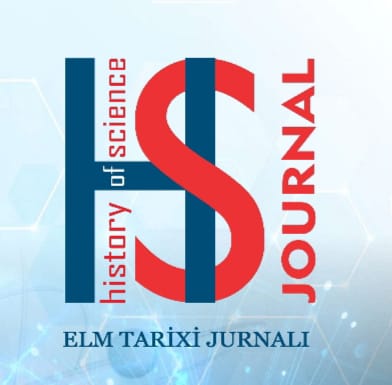In the article written from the aspect of applied folklore (learning through folklore), which is one of the actual directions of modern folklore, the approaches such as techno-cultural, psychoanalytic and social psychological approaches as theoretically-methodologically are used. The perspectives of the use of folklore in the rapid dissemination of information-communication technologies and the defining of effective training technologies in the conditions of abundance of information are analyzed in the article. In order to use the functional capabilities of virtual folklore in lifelong education and to identify its psychological aspects, the transfer of knowledge and experience in traditional culture and educational technologies in modern education are compared, the applying perspectives of the potential opportunities of folk pedagogy to lifelong education are looked through. In the article it is noted that as folklore has a separate role in formation of socio-psychological essence of personality, local social groups belonging to them have a condition parameter status in formation of character, outlook, system of values, desires and wishes of individuals. In this regard, the individual’s free sociability to all spheres of society without experiencing psychological complex and tension, the purposeful integration into various social groups show the need for deep learning of these local social groups. One of the goals of modern education is to direct to the growing new generations to be free from non-humane local stereotypes and to adopt stereotypes that are in harmony with human values. In this context it is mentioned that if modern educational technologies are used effectively by virtual folklore samples, it should greatly help people move away from local psychological stereotypes without experiencing widespread cultural shock and acculturation stress in the globalized environment.

